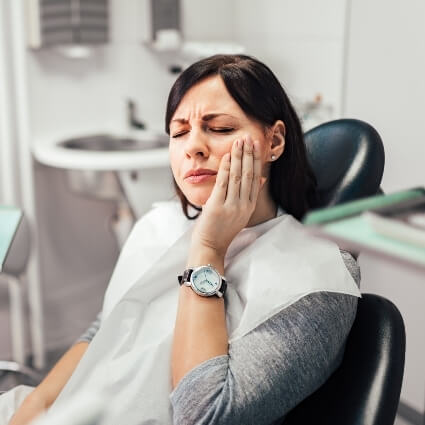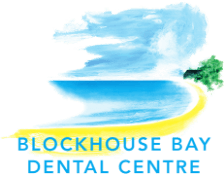
Teeth Grinding & TMJ Treatment
in Blockhouse Bay
Have you been told that you grind your teeth while you sleep at night? Teeth grinding, also called bruxism, affects 50% of adults and 15% of children.
Your teeth shouldn’t touch apart except during meal times. Your jaws need to be relaxed during sleep. Even minor forms of contact can damage teeth and restorations like crowns, veneers and fillings. You may experience jaw pain and headaches from your exhausted muscles that are used to clenching.
NEW PATIENTS
The Factors That Contribute to Bruxism
There is no single cause of grinding or clenching. Instead, a combination of factors seems to cause it, such as stress, certain personality types, misaligned bites, and even genetics. Children with parents who grind their teeth have a higher likelihood of grinding themselves. Personalities that are characterised as controlling, aggressive and achievement compulsion have a higher risk of bruxism.
Certain medications can increase bruxism, such as antidepressants and stimulants. Acidic drinks can soften teeth, and exposed dentine is an additional risk factor, since it’s soft and wears easily.
The Symptoms of Bruxism
There are several signs that you may have significant problems related to bruxism:
- A clicking or popping jaw
- Discomfort when chewing
- Frequent headaches
- Teeth that touch when not eating
- Tender temples and jaw muscles
- Tooth, filling, crown damage/wear
The BiteSoft™ Splint Solution
A splint is a removable mouthpiece that covers the teeth and is worn during sleep. The BiteSoft splint is comfortable and smaller than regular full arch splints while offering a high level of protection. It’s easy to wear, nearly invisible and can prevent or reduce your discomfort.
At Blockhouse Bay Dental Centre, we’re happy to speak with you about other methods that prevent clenching during the daytime. There are additional solutions you can undertake on your own, such as hypnosis, exercise, massage, yoga, muscle relations, counselling, listening to relaxing music, having social support and setting goals that may help you overcome bruxism Blockhouse Bay.
Don’t Suffer Needlessly
Contact us today to learn more about getting help with TMJ & Bruxism Blockhouse Bay! Health funds are accepted at our practice.

